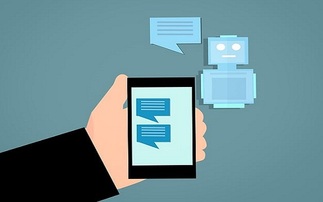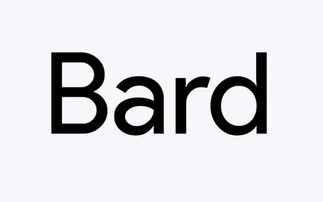Employees increasingly expect corporate IT systems to match the sophistication of consumer technology
Slick consumer products have shifted staff expectations Corporate IT systems are lagging behind consumer technologies in terms of usability, resulting in increased pressure on IT directors from e...
To continue reading this article...
Join Computing
- Unlimited access to real-time news, analysis and opinion from the technology industry
- Receive important and breaking news in our daily newsletter
- Be the first to hear about our events and awards programmes
- Join live member only interviews with IT leaders at the ‘IT Lounge’; your chance to ask your burning tech questions and have them answered
- Access to the Computing Delta hub providing market intelligence and research
- Receive our members-only newsletter with exclusive opinion pieces from senior IT Leaders

















